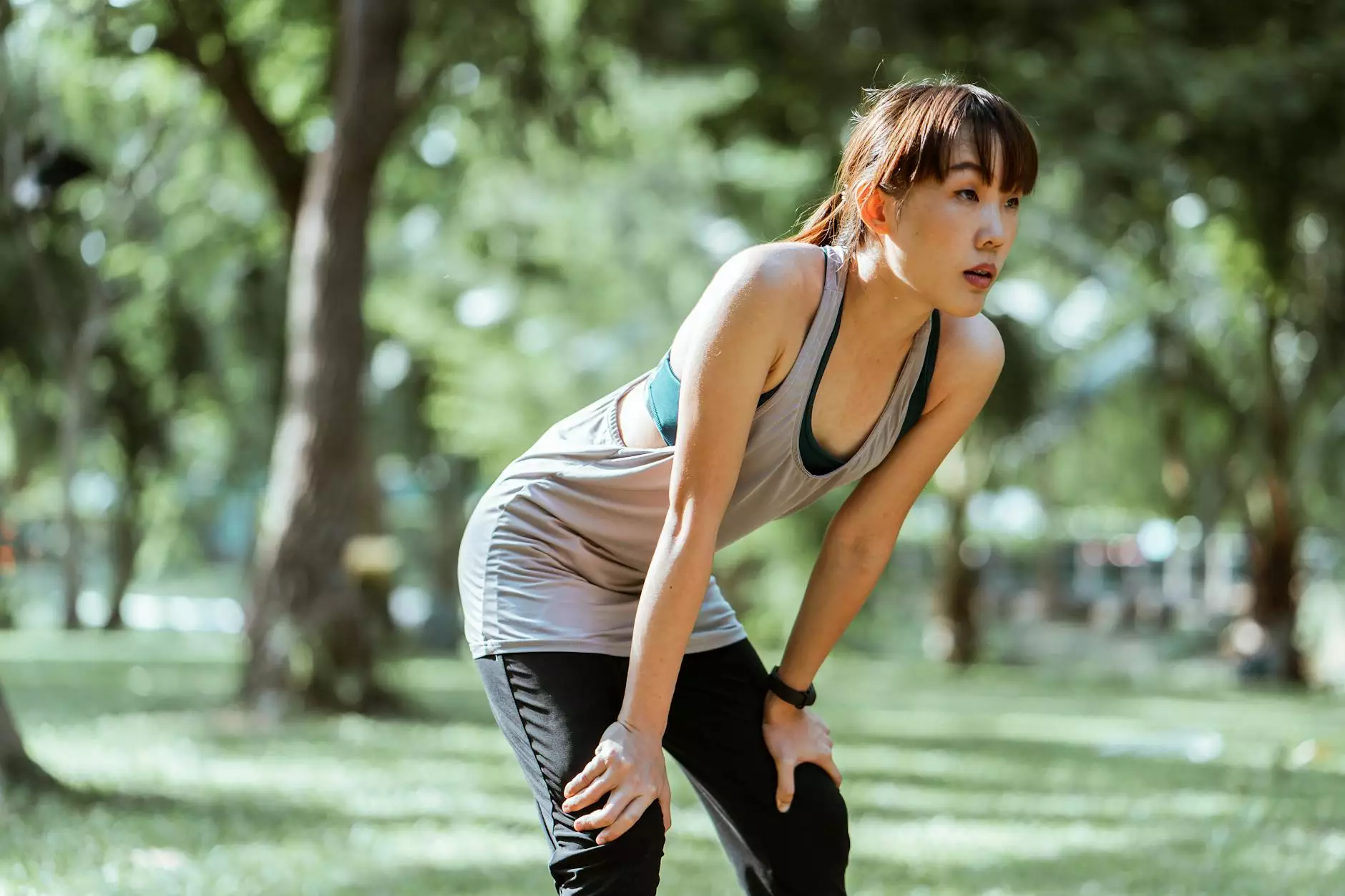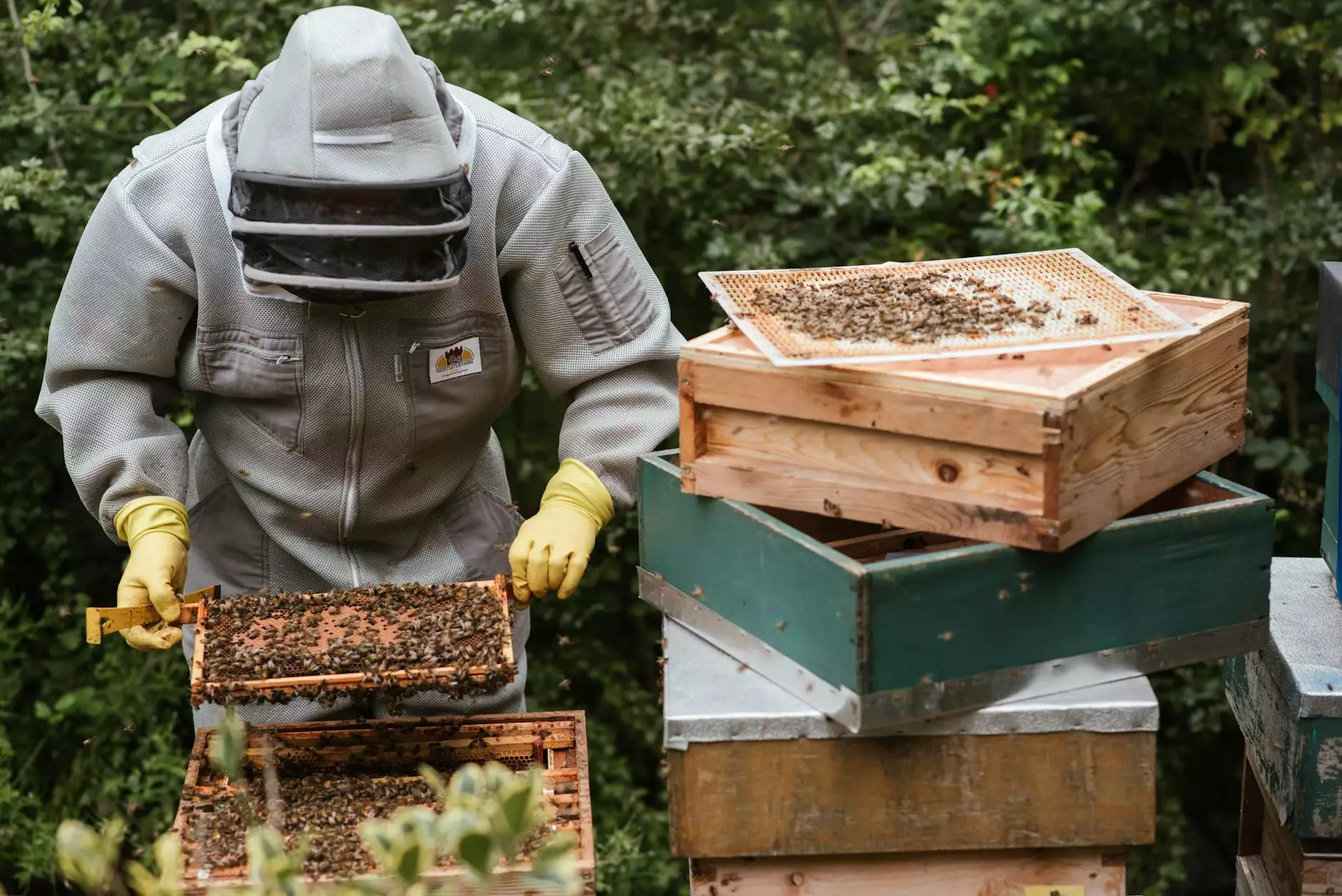Fatigue Fuels Knee Injuries in Young Athletes
Orthopedic Surgery
The Impact of Fatigue on Young Athletes' Knees
In today's world, young athletes are constantly pushing their limits to excel in their respective sports. While dedication and passion for sports are commendable, it is crucial to understand the risks involved, especially when it comes to the health of their knees. One often overlooked factor that significantly contributes to knee injuries in young athletes is fatigue.
The Connection Between Fatigue and Knee Injuries
When athletes become fatigued, their muscles become weaker, and their form and technique deteriorate. This deterioration places excessive stress on their knees, making them more susceptible to injuries. Fatigue can lead to weakened quadriceps, hamstrings, and gluteal muscles, which are vital for proper knee joint stability. Without proper muscle support, the knee becomes vulnerable to injuries such as sprains, strains, tears, and even more severe conditions like anterior cruciate ligament (ACL) injuries.
Recognizing the Signs of Fatigue
It is essential for coaches, parents, and athletes themselves to be able to recognize the signs of fatigue in order to prevent knee injuries. Some common signs to look out for include:
- Decreased performance or endurance
- Poor coordination and balance
- Delayed reaction time
- Inability to maintain proper form
If any of these signs are present, it is crucial to allow adequate rest and recovery to avoid further strain on the knees.
Preventing Fatigue-Related Knee Injuries
Effective prevention strategies can significantly reduce the risk of fatigue-related knee injuries in young athletes. Here are some valuable tips:
- Proper Conditioning: Ensuring athletes undergo a comprehensive conditioning program that focuses on overall strength and endurance is key. This includes regular cardio exercises, flexibility training, and strength-building exercises targeting the lower body.
- Rest and Recovery: Incorporating rest days within training schedules is vital for proper muscle recovery and injury prevention. Athletes should also be encouraged to get enough sleep to allow their bodies to restore and repair.
- Hydration: Maintaining proper hydration throughout training and competition helps minimize the impact of fatigue on the body, including the knees.
- Technique and Form: Emphasizing correct form and technique during training sessions can reduce the strain on the knees. Coaches should provide guidance on proper movement patterns to prevent unnecessary stress.
- Gradual Progression: Gradually increasing training loads and intensity gives athletes' bodies time to adapt and reduces the risk of fatigue-related injuries. It is important not to push athletes beyond their limits too quickly.
Seeking Treatment at Bowling Orthopaedics
If a young athlete experiences a knee injury due to fatigue or any other cause, it is crucial to seek proper medical attention. Bowling Orthopaedics, a renowned name in the field of orthopaedic care, specializes in treating knee injuries in young athletes. Our experienced team of orthopaedic specialists is dedicated to providing comprehensive care, ranging from accurate diagnosis to personalized treatment plans focused on full recovery.
At Bowling Orthopaedics, we understand the unique needs of young athletes and strive to get them back on their feet and back in the game as safely and quickly as possible. Our state-of-the-art facilities and advanced treatment options ensure the highest quality of care for every patient.
Conclusion
In conclusion, fatigue plays a significant role in fueling knee injuries in young athletes. It is crucial for athletes, coaches, and parents to be aware of the impact of fatigue and take appropriate preventive measures. By prioritizing proper conditioning, rest, hydration, technique, and gradual progression, the risk of fatigue-related knee injuries can be significantly reduced. Should an injury occur, seeking treatment from Bowling Orthopaedics guarantees outstanding orthopaedic care specifically tailored to young athletes' needs.
Remember, the health and well-being of young athletes should always come first. Together, we can ensure their growth, success, and longevity in the world of sports!










